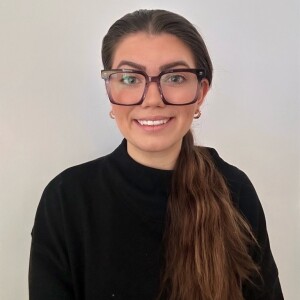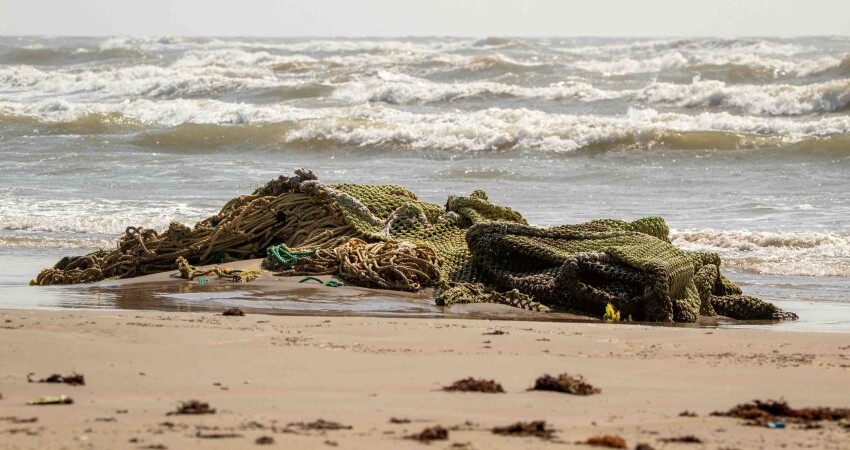It's a staggering fact that approximately 1 million tons of abandoned, lost, and discarded fishing gear (ALDFG) find their way into the world’s oceans every year. This ALDFG significantly threatens marine life, primarily contributing to ocean plastic pollution. ABB Installation Products, a company helping with the environmental crisis, has taken the lead in developing groundbreaking cable protection solutions made from 50% recycled polyamide, primarily sourced from salvaged fishing nets. ABB is a technology leader in electrification and automation, enabling a more sustainable and resource-efficient future.
Representing a sustainable departure from traditional plastic-based systems, ABB’s PMA EcoGuard PA6 RPPA conduit not only safeguards vital power and data cables but also necessitates less energy and water during production, thereby reducing upstream Scope 3 greenhouse gas emissions by 30% and reducing net freshwater consumption by 50%. Scope 3 emissions result from activities from assets that are not explicitly owned or controlled by the reporting organization. However, that specific organization indirectly affects its value chain.
Yahoo News shared that high-performance wire and cable protection is essential to powering electrical systems safely and reliably. PMA EcoGuard is part of ABB’s EcoSolutions line, which helps its customers make more sustainable decisions. Each product in this line shows circularity value, and the environmental impact is fully transparent. They carry an external third-party verified Lifecycle Assessment.
ABB partnered with Envalior, a global leader in sustainable and high-performance engineering materials, to make this innovation possible. These cables have been engineered for strength, durability, compatibility, and recyclability across various applications, including machine building, renewable energy, telecommunications, and infrastructure.
Envalior Akulon RePurposed is a 100% recycled-based polyamide made from fishing nets. The product benefits the environment. Still, the compound is UL2809 ECVP-certified for Ocean-Bound Plastic content and results in a 70% lower carbon footprint than similar fossil-based nylon 6 materials.
Other organizations are doing all they can to clean up ALDFG, such as Net Your Problem, an Alaska-based organization creating an economically viable pathway to recycle end-of-life fishing gear, improve waste management, and contribute to the circular economy. NOAA Fisheries Marine Debris Program also works with organizations around the United States and globally to prevent marine debris from entering the environment and further remove it from coastal areas. Odyssey Innovations also works with harbors to collect old nets and make products such as kayaks out of recycled materials. International companies such as Plastix and Aquafil also recycle ALDFG into new materials to reduce carbon emissions.







